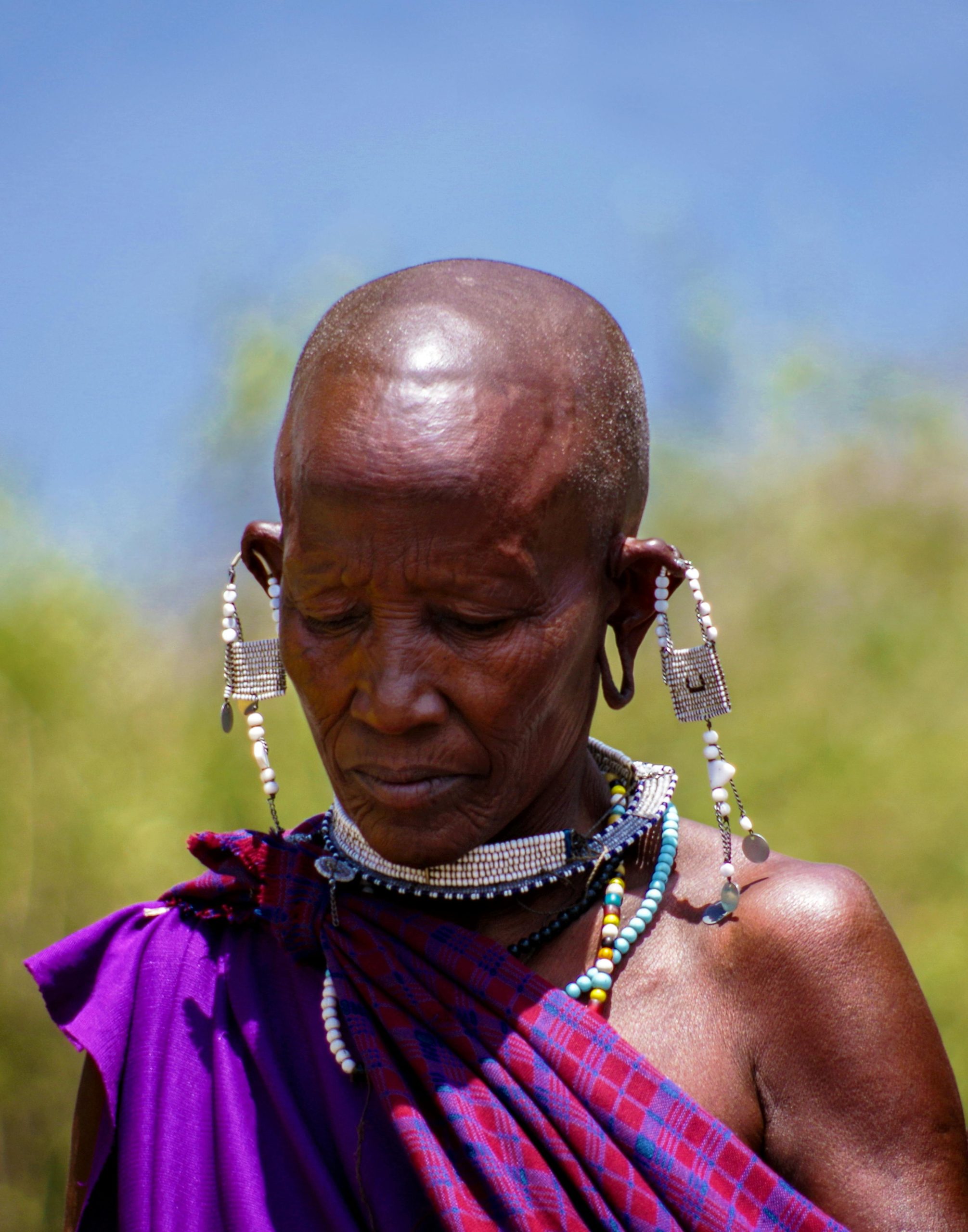
Cultural Immersion in Tanzania: Beyond the Safari Experience
Tanzania Beyond the Safari Experience
When most people think of Tanzania, they envision vast savannahs filled with wildlife and the dramatic landscapes of Mount Kilimanjaro. While these natural wonders are undeniably captivating, Tanzania offers so much more, particularly in its rich and diverse cultural heritage. For travelers looking to go beyond the traditional safari experience, immersing themselves in the local culture is an enriching way to connect with the soul of the country.
This post explores the cultural experiences in Tanzania that offer a deeper understanding of the land and its people, providing a journey that goes beyond just witnessing wildlife.
1. Meet the Maasai: A Living Tradition
One of the most iconic cultural groups in Tanzania is the Maasai, a semi-nomadic tribe known for their distinctive red shukas (cloaks) and intricate beadwork. Visiting a Maasai village offers a rare opportunity to learn about their ancient customs, traditional dances, and way of life that has remained largely unchanged for centuries.
- What to Expect: During your visit, you’ll be welcomed with traditional Maasai dances and songs, and have the chance to participate in some of their daily activities, such as milking cows or building traditional huts. Engaging with the Maasai people allows you to understand their deep connection to the land and their efforts to maintain their cultural identity in a rapidly changing world.
- Why It’s Special: This experience goes beyond a simple tourist encounter. It’s a chance to see how the Maasai harmonize their lives with nature, offering valuable insights into sustainable living and resilience.
2. Discover the Hadzabe: Tanzania’s Last Hunter-Gatherers
In the remote areas near Lake Eyasi, the Hadzabe people continue to live as one of the last hunter-gatherer tribes in Africa. Their lifestyle, which has changed little over thousands of years, offers a fascinating glimpse into humanity’s ancient past.
- What to Expect: A visit to the Hadzabe tribe includes joining them on a hunt, learning how they track and gather food, and understanding their survival techniques in the bush. Their profound knowledge of the environment and their use of natural resources in daily life highlight a unique way of living that is in harmony with nature.
- Why It’s Special: This experience is a rare opportunity to connect with a culture that has thrived without modern conveniences. It’s an intimate and authentic encounter that offers a new perspective on what it means to live simply and sustainably.
3. Explore the Spice Island: Zanzibar’s Cultural Melting Pot
Zanzibar, often celebrated for its pristine beaches, is also a melting pot of cultures. Its history as a major trading hub has created a rich tapestry of African, Arab, Indian, and European influences that are evident in its architecture, cuisine, and traditions.
- What to Expect: Wander through the narrow streets of Stone Town, a UNESCO World Heritage site, where you can explore the vibrant markets, historic buildings, and learn about the island’s role in the spice trade. A spice tour is a must, where you can see, smell, and taste the spices that have shaped Zanzibar’s history, such as cloves, nutmeg, and cinnamon.
- Why It’s Special: Zanzibar’s cultural diversity offers a unique contrast to mainland Tanzania. The island’s blend of traditions and the warm hospitality of its people create a rich cultural experience that is as flavorful as it is fascinating.
4. Visit a Tanzanian Coffee Farm: From Bean to Brew
Coffee is one of Tanzania’s key exports, and visiting a coffee farm offers insight into the life of local farmers and the process that transforms coffee beans into the perfect cup of coffee. The foothills of Mount Kilimanjaro and the southern highlands are home to many small-scale coffee farms where you



